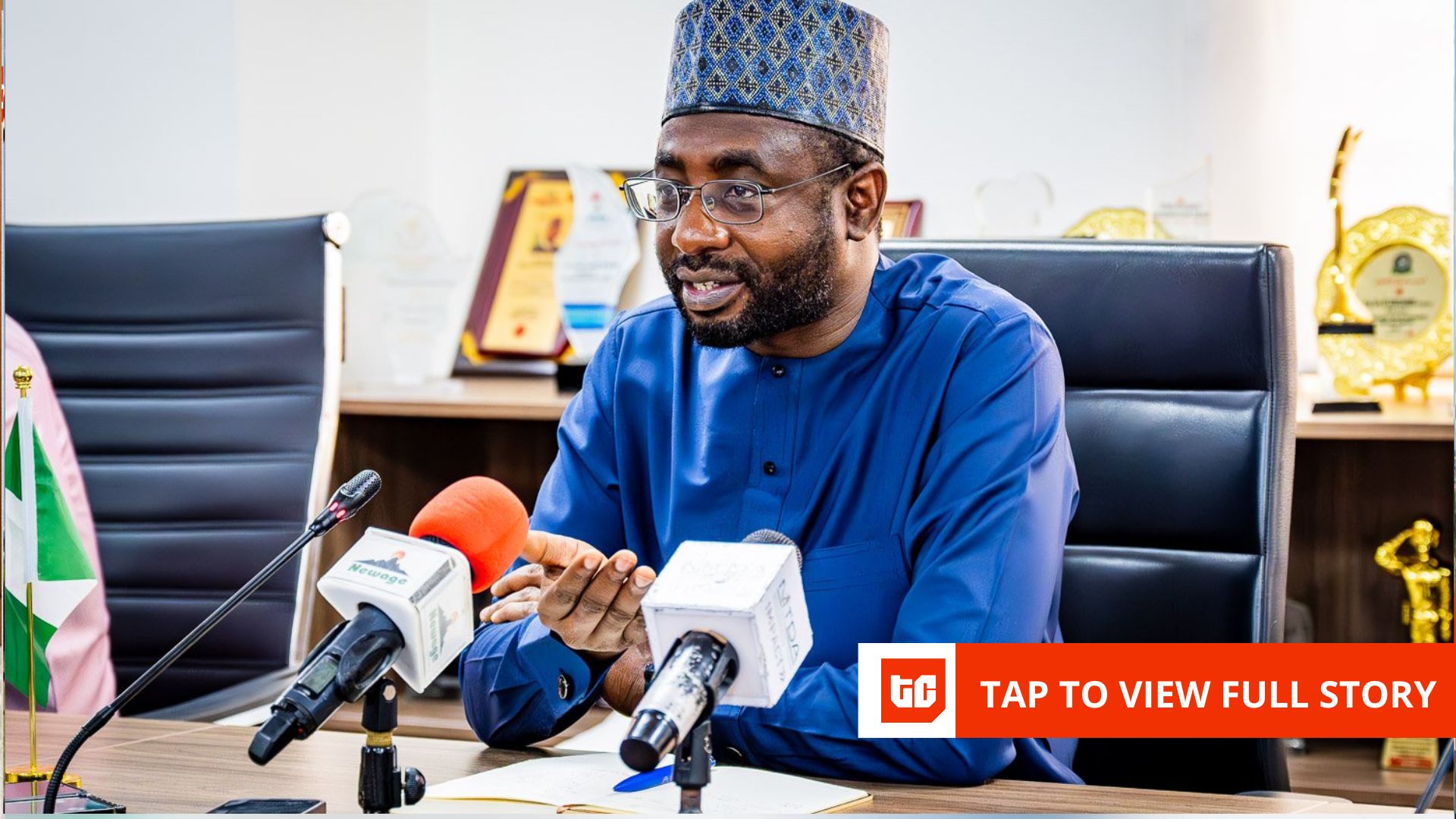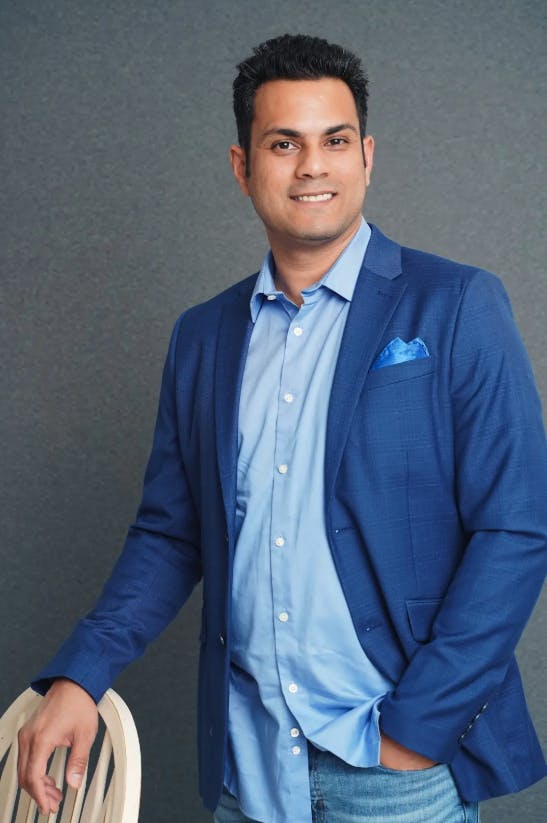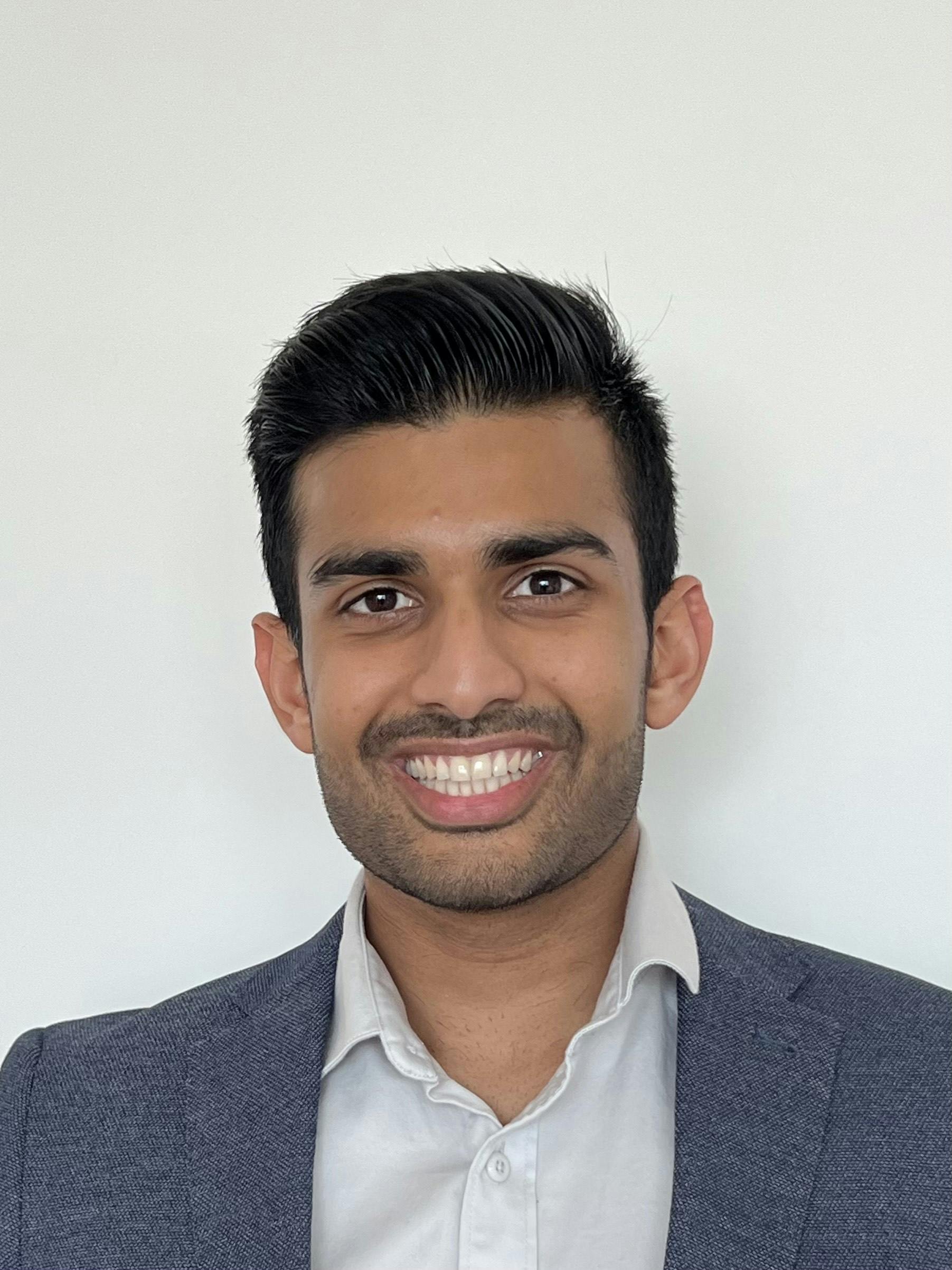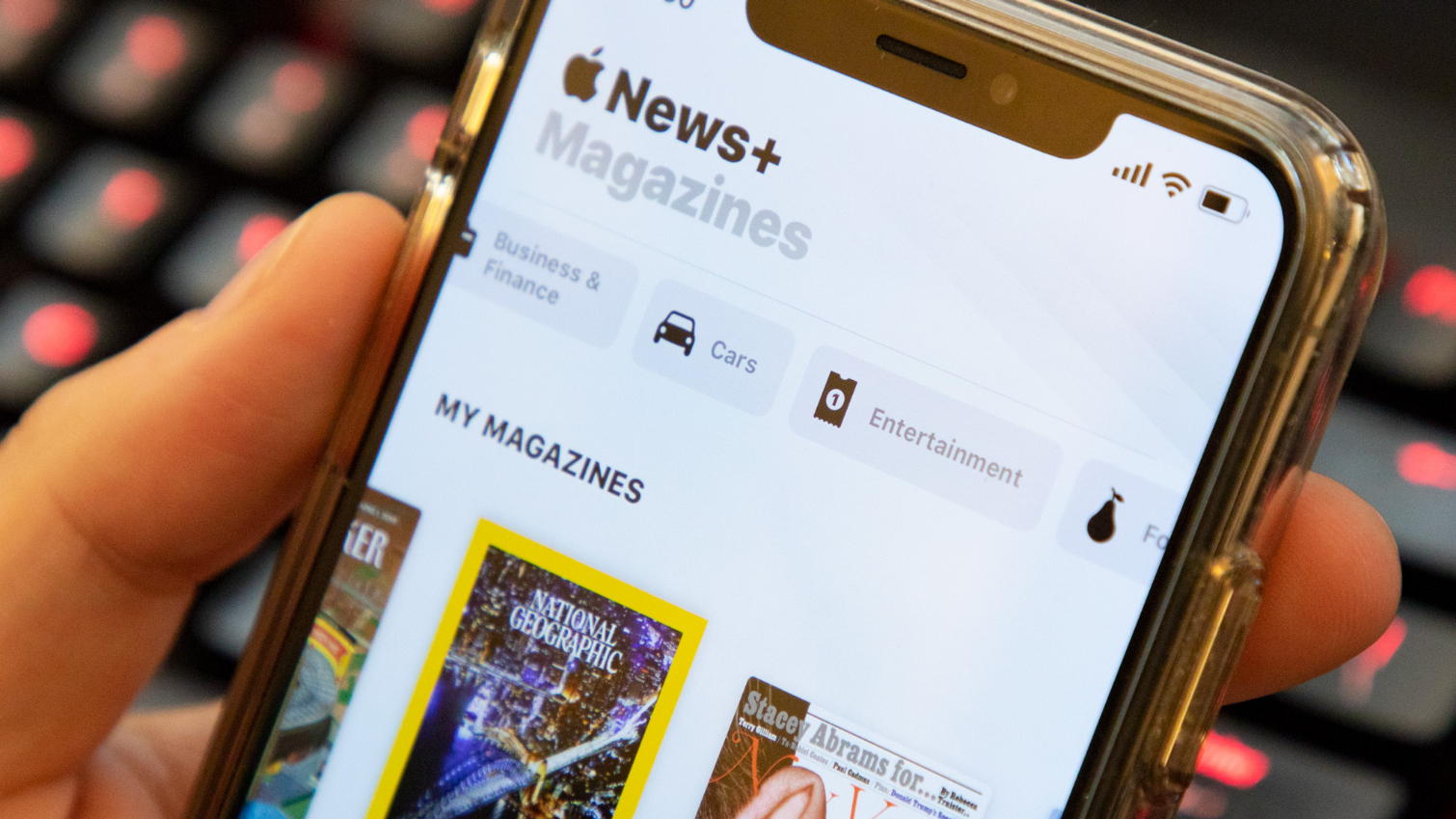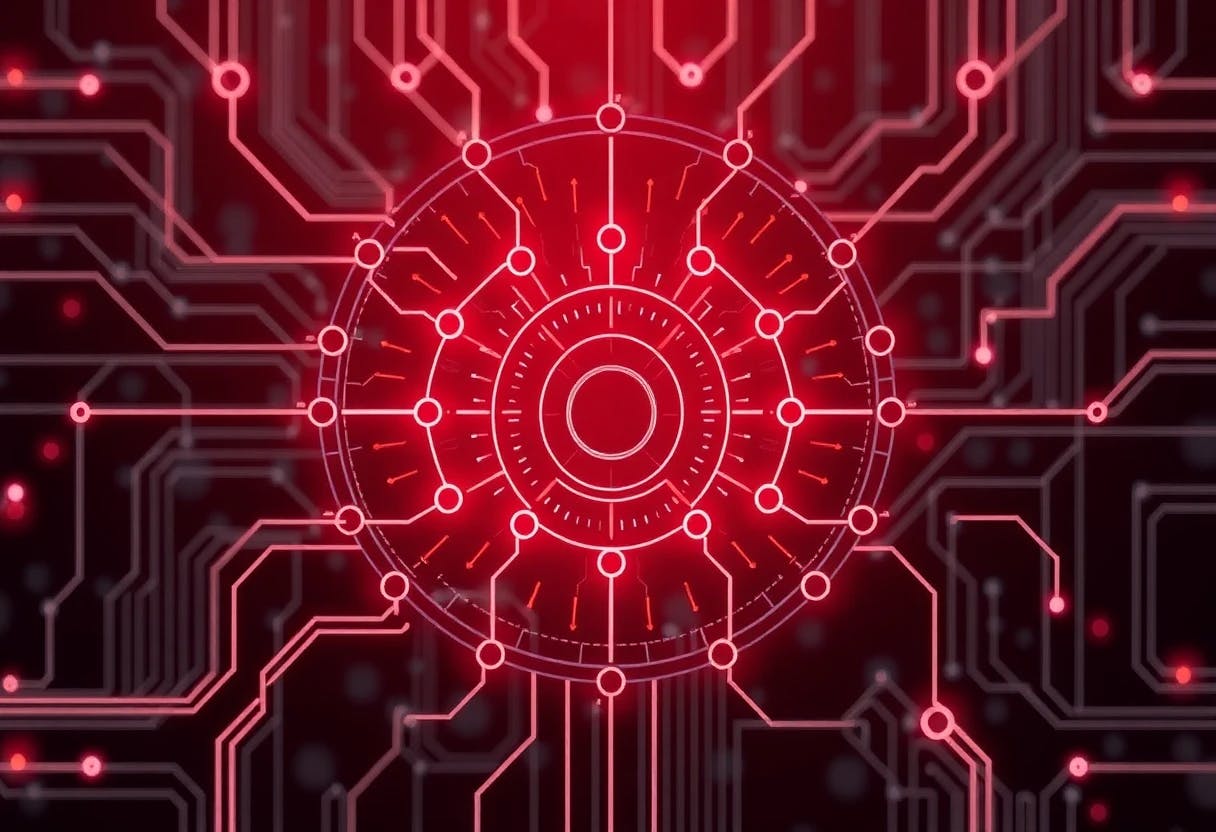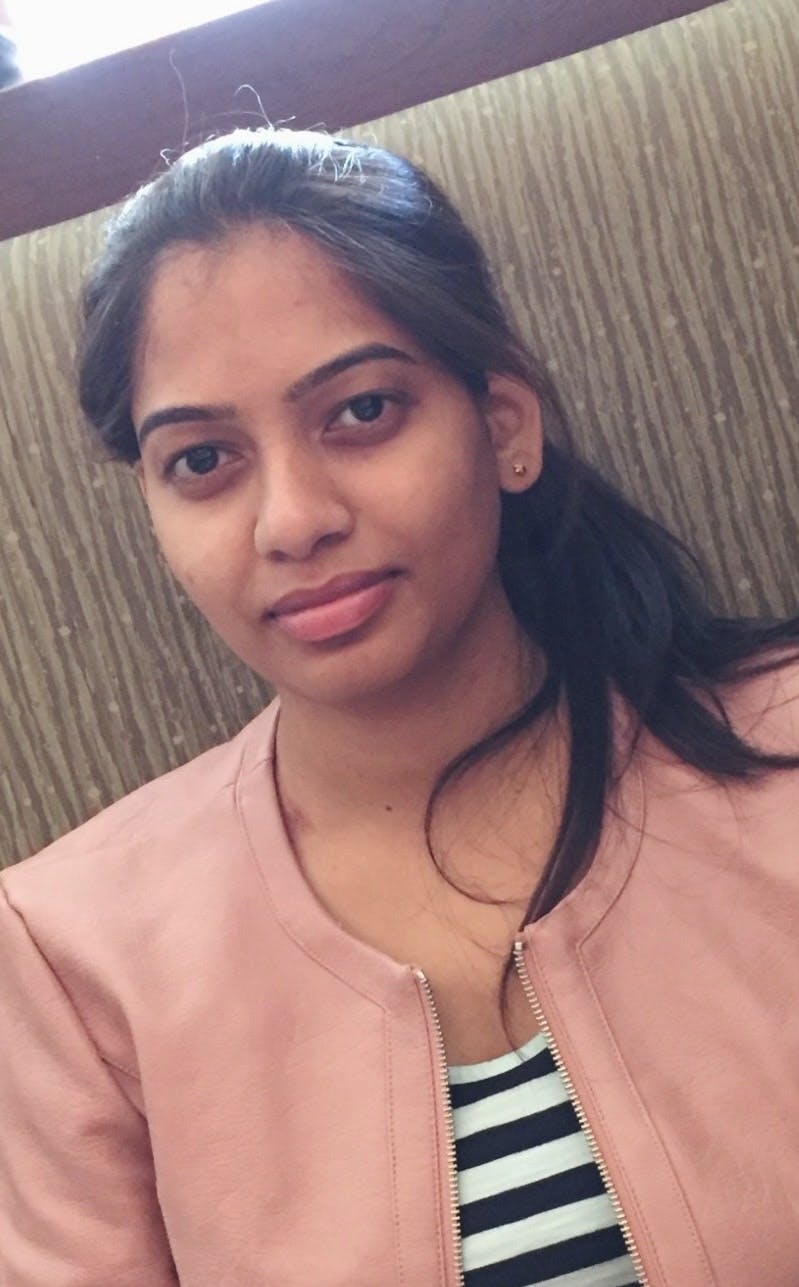Kashifu Inuwa, Director-General of Nigeria’s National Information Technology Development Agency (NITDA), believes that Africa’s best bet in the global AI race lies not in catching up on massive infrastructure, but in building talent and developing small language models (SLMs) tailored to local realities. For him, small language models offer Africa a unique chance to leapfrog infrastructure-heavy barriers that have historically limited its participation in global tech revolutions.
Despite its digital adoption growth, Nigeria has not been the top priority for recent AI infrastructure investments, like those by Cassava Technologies with Nvidia or MediaTek in Egypt. But Inuwa attributes this not to a lack of ambition, but to timing and strategic readiness. He pointed to Nigeria’s 2016 Local Content Guidelines, revised in 2018 and 2019, which laid early groundwork by encouraging data residency. Since then, NITDA has launched an eight-pillar roadmap focused on talent, research, infrastructure, regulation, and innovation, all geared toward fostering a vibrant digital economy.
Rather than trying to match hyperscalers like OpenAI and Google in the compute arms race, Inuwa suggests Africa should focus on AI applications and models that solve local problems—from agriculture to healthcare.
“We don’t need huge infrastructure to build our models,” he says, citing the development of Afro-SLM by Nigerian startup EqualyzAI as an example of lightweight AI engineered for African languages, offline environments, and rural communities. Such models, Inuwa argues, could democratise access and representation in AI systems.
In partnership with Google, NITDA is laying the groundwork for Nigeria to become a regional cloud and AI hub. Discussions are underway around a sovereign cloud infrastructure, investment frameworks, and a pipeline of local talent to support it. Inuwa envisions Nigeria not just digitising government services, but also attracting hyperscalers, enabling semiconductor manufacturing, and ultimately positioning itself as a data hub for West and Central Africa, leveraging its undersea cables and forthcoming 90,000km fibre network.
To get there, however, Inuwa says Nigeria must focus on building ecosystems, not just infrastructure. That means aligning policies on data classification, investing in AI research across sectors, and integrating digital skills from kindergarten up. For him, the AI future is about local intelligence, strategic partnerships, and inclusive innovation that makes African data count in global decisions.
“We missed out on the first three industrial revolutions,” he says. “We cannot afford to miss the fourth.”
spoke to Kashifu Inuwa to understand the details of the discussion with Google, the push to digitise government services, and increase AI adoption.
This interview has been edited for length and clarity.
A couple of digital infrastructure investments have come into Africa through Cassava Technologies in collaboration with Nvidia. MediaTek is funding an Egyptian startup to grow the AI and semiconductor space on the continent. Why is Nigeria not top of mind for these investments, given the country’s size in digital adoption?
Let me take you back to history. If you ask me personally, there was a deliberate commitment or push from Nigeria to position itself as the hub for IT infrastructure in Africa through the Local Content Guidelines, which was drafted first in 2016, and it was reviewed in 2018 and 2019. The Local Content Guidelines encouraged government agencies to keep data in-country.
Based on that, at NITDA, we developed our strategic roadmap and action plan with a vision of making Nigeria a digitally empowered nation, fostering inclusivity through technological innovation. And we came up with eight pillars. The first one is to foster digital literacy and cultivate talent, because it’s a knowledge-based economy. Talent is also the human component of technology. It makes our lives better, but people make the technology better.
If hyperscalers are coming to Nigeria, they need talent to build services. Based on that, we are doing a lot, like working with the Minister of Education. We have developed a curriculum to integrate digital literacy and skills into our formal education from kindergarten to tertiary institutions. We are doing an acceleration program to train Nigerians on technology skills, which are in high demand.
The second pillar is building a robust research ecosystem because literacy and talent are quick wins. But for the future, we need to build that deep tech research and ecosystem because that’s what helps the nation to build a robust and sustainable economy. We are looking at AI, Internet of Things (IoT), Unmanned Aerial Vehicles (UAV), blockchain, robotics, and additive manufacturing. The third pillar is on crafting a legal framework that creates the enabling environment. The fourth one is on promoting inclusive access to digital infrastructure and services because the more digitally literate population we have, the better for us when it comes to the digital economy. Then we have a pillar on cybersecurity and digital trust. We have a pillar of entrepreneurship, an innovative and entrepreneurial ecosystem. We have a pillar on strategic partnership, and we have a pillar on government digitalisation.
Google likes the idea (strategic roadmap), and we jointly agreed on five pillars we can work together on, including scaling infrastructure, cloud adoption, AI innovation, and investment framework. If NITDA and Google get this right, it will open doors for other hyper-scalers to come and invest in Nigeria. It will open doors for our local data centre providers to scale up. It will open doors for other technology manufacturers like Nvidia to also come to Nigeria, because it’s about creating an ecosystem.
It’s not just about technology because we are looking at horizontal value creation across everything. NITDA is looking at how we can create sustainable energy because it’s another area that we need to pay attention to if we want to attract these hyperscalers. And, regarding energy, it is not always about the grid. We also need to be innovative because even in developed nations today, they are building off-grid energy sources for data centers.
Then the AI integrations come in because AI is going to be the next wave in our history. It’s going to disrupt and change a lot. And we will not just be using an AI developed in other nations, because AI is about data. If the data is skewed, your output will be skewed as well. The data, your values, and your culture are not represented in the data.
The AI will not consider you while making decisions. So we need to make sure every citizen is digitally visible in the AI systems we are building. Imagine building a system that will decide who gets what in a society. It’s beyond getting a software engineer in a cubicle to build a system. You need data. We need to connect people. We need to get pain data. We need to use the data to train or retrain the AI models.
We need to have like eight hyperscaler data centers to achieve what we are trying to do. But also, part of our conversation with Google and our vision is not just for Nigeria to achieve that sovereign cloud infrastructure, we want to position Nigeria as a hub for West and Central Africa, because we have landlocked countries around us. How can we leverage the opportunity we have, the submarine cables we have, the 90,000 kilometres of fibre we are going to deploy, to even extend services to neighbouring countries?
How can we position ourselves as that leader? NITDA is thinking of having like a data classification policy or legislation. Because if I say my data will not go outside the country, how do I think my neighbor will trust me to bring his data to me? So you can see the paradox? We need to balance that. We need to have data classification so that we know which data can stay in-country and which one can go to the public cloud, then if other nations are bringing their data also, they can bring data to Nigeria into our cloud infrastructure.
And this will help to open up a lot of things. We have seen what happened two years ago and recently with the banking sector. Because of the law, most of the banks have to keep the data in the country. Some have data centers, and others use existing data, local data center providers, but they don’t have the hyperscale capability. When the banks were trying to implement the cashless policy, we saw what happened. They were stressed out. Recently, they’ve done upgrades, and some of them, six months after their upgrade, are struggling to go back to where they were six months ago. Their local cloud infrastructure is in the country, I don’t think there is any law that prevents banks from going cloud. Imagine our oil and gas sector also going cloud, governments, because the president also gave a mandate for digising government services.
One government policy, the cashless policy, made Nigeria a fintech hub. When the central bank of Nigeria pushed banks to build technology infrastructure and to digitise, gaps were identified, and technology companies jumped in and started building solutions for that. Imagine digitalising all government services and the kind of opportunities we will create. That can only be achieved when we have local cloud capabilities. With the conversation with Google, something will happen soon.
How much of the government data sits on the cloud? And what efforts have gone into ensuring that government agencies are compliant regarding digitisation?
Based on our assumption and the extrapolation we did, it’s just about 5 to 10% of government services that are digitised. Many services are not. Galaxy Backbone is the custodian of government services for data, but recently, NITDA issued Digital Public Infrastructure (DPI) standards because we believe that will lay the foundation for the digitisation of government services. It is the same approach some countries, like India, took recently.
Based on the DPI standards, you need to have four components to easily digitise government services. Firstly, you need to have a digital identity that can be scaled up to be the foundational ID for our digital public infrastructure. Then you need to have a payment service infrastructure. NITDA is collaborating with the Nigerian Interbank Settlement System (NIBSS), which is also very strong in providing payment infrastructure. It allows fintech and startups to build solutions and connect with them.
Then you need to have a data exchange platform. That’s what we are lacking in Nigeria. This is the reason we have data in silos. The standard will provide a framework for creating this data exchange platform. We have started building it inside. In the financial sector, we are working with the Nigerian Inter-Bank Settlement System (NIBSS) to implement the ISO standard on data, etc. We are also working with the Nigerian Financial Intelligence Unit (NFIU) to implement another standard that will help to have visibility in financial transactions.
NITDA is also trying to leverage on Global Public Benefit (GPB) infrastructure to create a platform for government, ministries, departments, and agencies, since they all have their data sitting within GPB. This will lay the building blocks of DPI. The standard will require that if you want to consume a service as a citizen, number one, you need to be identified. Number two, any service, whether it is public or private, private services mostly come with charges. When you consume, you need to pay for that service. Then you need to be able to exchange data seamlessly across MDAs, ministries, departments, and agencies. With the way things are changing today, you don’t need to build big systems. You can use AI to build agents that can help you fetch the data and present it the way you want.
Where does Nigeria see itself in the global war for AI led by the United States and China? Is the government looking at being involved in the manufacturing process for AI?
I think we need to be smart. Africa, not just Nigeria, lost out during the first, second, and third Industrial Revolutions. Why? To be part of it, you need a huge initial capital investment. But the fourth Industrial Revolution is somehow different from the first, second, and third. It’s a revolution because it’s mainly knowledge-based. Because even if you have the technology, you need the talent to make the technology better.
And I know people are saying AI will replace people, or will do this, and that. Yes, I know AI will be a challenge, but I don’t think AI will replace you and me as humans. But it will replace the skills we have and the processes we follow to do our work. Therefore, we need to reskill ourselves. We need to learn how to use AI so that we will be more relevant. And the way it is, we always need to have a human in the loop. You can’t leave everything to AI to do it.
When it comes to Africa, we need to watch out for what is happening. We don’t just rush into it, because it will be like Alice in Wonderland. They are experimenting now. They don’t know what is going to happen or what is needed. OpenAI and co. invested heavily in infrastructure to build LLM. Then DeepSeek just popped in, saying that you don’t need this huge infrastructure to build LLM. You can distill, and you can get it to perform the same way as those with big infrastructure.
For Africa, with the limited resources we have, if we rushed in with these big GPUs, and tomorrow we realise that we don’t need as much as that to build our LLM, what is going to happen?
How do you democratise access?
It’s by making it cheaper. How can you make it cheaper? By crashing the prices, by coming up with innovative ideas to get more with less. I think we should focus more on building the talent and also the application while watching them do the infrastructure race. But we also need to be mindful about building the ecosystem.
It is about building an ecosystem, not just someone coming to build a data center for us. In Nigeria, we have most of the raw materials you need to build these semiconductors.
The idea of the small language model is an amazing idea, which I think Africa should focus on. How can we get the best with less infrastructure? But in the area of application, I think in Africa, we can lead there because it will help us to leapfrog. We have done that with mobile technology. I believe we can do the same with AI.
For example, here at NITDA, we have developed our AI transformation roadmap. We have started implementing it. We want to leapfrog. We don’t need to follow the maturity ladder of digital transformation. Like now we are at level two, but we won’t jump to AI, which is level five, because we don’t have most of the legacy system in place. We don’t need to follow that. And we are looking at it more broadly, not just adopting the technology, but even the job evolution. Like, we’ve done fantastic work in that area without knowing.
In the government, for instance, we have registry units, which normally receive physical letters, documents, and we just stack them in a book. We open a file and start moving it from one office to another, individually. But at NITDA, for the past three years, we automated our processes. We trained our people how to scan documents. When they scan the document, they upload it into a system. We have an AI system where they upload. The system will read the content of the document and email it automatically. Without them or even we, the management, knowing, it has started developing this roadmap, which now requires us to train our staff. People now need to find a way they transition or evolve their jobs.
How close are you to implementing what you are working on with Google?
The work NITDA is doing with Google has a timeline. We are hoping before October, we will have a clear next step in terms of implementation. NITDA has done the partnership vision. We’ve developed that. We had the Google CEO meeting with the Nigerian President, and agreed on the partnership and the shared vision. We’ve done the technical work. Now we are about to start building an investment framework where we can bring our local data center providers, our private equity, our VC, and also Google can bring the investors.
And we are open to even financial development institutions to invest in it. That framework will give us guidelines on how soon we can start the implementation. That framework should be ready, and we should have clarity on what to do next. We’ve already done the sizing, and the demand elements have been identified. Because this is a private work we are doing with Google, they don’t want to make it public yet until they are sure of the business opportunities.
When that is ready, it will be open for anybody to be part of it. Also, we want everybody to have skin in the game. We want the local data center providers to be part of it. We are looking at how the government can bring a sovereign investment into it. That work will create the ecosystem. When we do that, we move to considering the supply chain.
It’s beyond just hyper-scalers. We need to get even the technology equipment manufacturers to be part of it. We need to start thinking about how we can start manufacturing some components of the technology locally.
Can you speak briefly about the research centers that you said will be set up?
NITDA is working with universities to research Deep Tech. Not just research that will end up on the shelf, catching dust, but research that can be implemented. In November, we are going to host the International Conference on Electronic Governance (ICGov). It’s a United Nations program with a focus on Nigerian digital public infrastructure. We want to have Nigerian and international researchers work on how Nigeria can build sustainable digital public infrastructure.
NITDA also want to research the application. How can we use AI to boost agri-productivity in Nigeria? How can we use AI in finance? How can we use blockchain, cryptocurrency, and so on? Because most of the six technologies I mentioned are general-purpose technologies. They cut across all critical sectors. The research is to take it one by one.
How can we use technology to enhance healthcare? How can we use AI to deliver quality health care services to remote locations? Imagine training an AI chatbot with data from Nigerian hospitals, from doctors’ consultations, and so on. You can get a nurse to attend to people and use that system to give a prescription. Because even as it is now, if you can use ChatGPT, compare the result with what the doctor will tell you, the difference is very thin.

